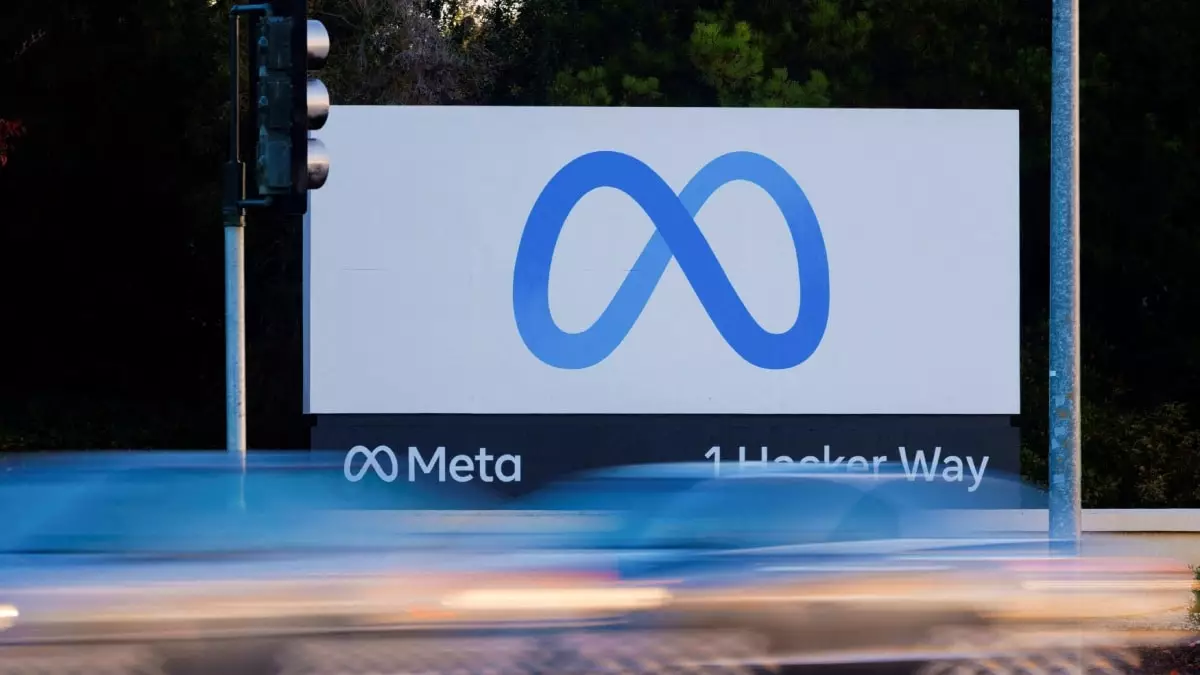Recent reports by Meta have shed light on the presence of “likely AI-generated” content being used deceptively on its Facebook and Instagram platforms. The deceptive content includes comments praising Israel’s handling of the war in Gaza, strategically placed below posts from prominent global news organizations and US lawmakers. This revelation raises concerns about the prevalence of AI-generated content and its potential impact on influencing public opinion.
According to Meta’s quarterly security report, the deceptive accounts behind the AI-generated content posed as Jewish students, African Americans, and other concerned citizens primarily targeting audiences in the United States and Canada. The campaign has been attributed to a Tel Aviv-based political marketing firm known as STOIC. The use of AI-generated text-based content in influence operations is a new development that has only recently come to light, with the emergence of generative AI technology in late 2022.
Generative AI technology has raised concerns among researchers due to its ability to produce human-like text, imagery, and audio quickly and inexpensively. This technological advancement poses a significant threat as it could potentially enhance the effectiveness of disinformation campaigns and influence the outcomes of elections. While Meta has been able to detect and disrupt such campaigns, the use of generative AI in creating deceptive content presents a new challenge for social media platforms.
Meta and other tech giants have been grappling with how to address the potential misuse of new AI technologies, especially in the context of elections. Despite efforts by companies like OpenAI and Microsoft to implement policies against the dissemination of AI-generated content with voting-related disinformation, examples of such content have still surfaced. Digital labeling systems have been proposed as a solution to identify AI-generated content, but their effectiveness, particularly with regards to text, remains in question.
As Meta faces upcoming elections in the European Union and the United States, the company’s defense mechanisms will be put to the test. The ability to detect and disrupt influence networks, especially those utilizing AI-generated content, will be crucial in safeguarding the integrity of the electoral process. While Meta has demonstrated its capability to address such threats, the evolving landscape of online deception necessitates constant vigilance and proactive measures to combat the spread of misinformation.
The proliferation of AI-generated deceptive content on social media platforms poses a significant challenge for companies like Meta. The emergence of generative AI technology has enabled malicious actors to create convincing and manipulative content at scale, threatening the authenticity and reliability of online information. As technology continues to advance, it is imperative for social media platforms to adapt their security measures and detection capabilities to effectively counter the spread of disinformation. Only through a concerted effort to stay ahead of evolving threats can companies like Meta uphold their responsibility to protect the integrity of public discourse and democratic processes.


Leave a Reply
You must be logged in to post a comment.